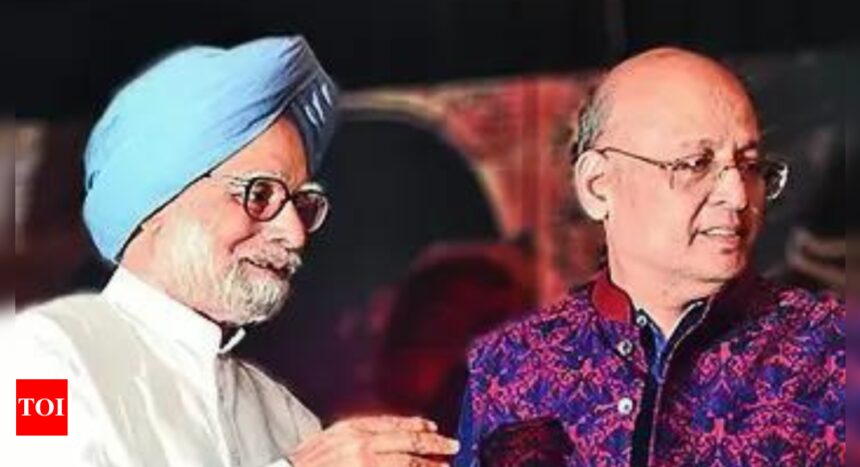To paraphrase a sentiment expressed by one of the greatest scientists, Albert Einstein, regarding Mahatma Gandhi, we could say that future generations might find it hard to believe that a person with the character and demeanor of Manmohan Singh (MMS) could achieve such success amidst the tumultuous world of Indian governance and politics, maintaining a high position for many years.
Much has already been documented about him, so I’d like to share some lesser-known stories and observations. Known for his introverted nature and lack of social exuberance, MMS fell into a deep silence when informed about the criminal charges against him related to the coal scam. He was accused merely because he held the dual roles of Prime Minister and coal minister during that period.
After I reassured him that there was no real basis for the allegations, the silence lingered until, in a sorrowful tone, he expressed, “I have always strived never to engage in any illegality. How could my name even be associated with such accusations? When will this shadow over my name be lifted, since I know I have done nothing wrong?” I had no definitive answer, other than to mumble about the quirks of our legal system that sometimes leads to individuals being included in accusations without due cause. I understand that MMS, being the most honorable individual I have encountered in public service, would not find solace in the conclusion that death brings to criminal cases; he would seek a formal exoneration.
Additionally, he had a remarkable capacity for blunt honesty when speaking with those he trusted. In a conversation with a then-serving cabinet minister and a senior female civil servant from Punjab, he expressed a significant regret concerning me, alluding to influences beyond his control. Out of respect for decency and confidentiality, I will refrain from sharing the specifics of that conversation, although he revisited the topic with me on at least four separate occasions thereafter.
Moreover, MMS was diligent in remembering his friends and supporters, regardless of the esteemed positions he held. Despite some ongoing disagreements surrounding Narasimha Rao, MMS frequently visited him during his later years and attended most of Rao’s birth and death commemorations as long as his health allowed. He made particular efforts to adjust his schedule to express condolences following my father’s passing in 2007 and to attend the weddings of my two sons in 2013 and 2015. Gursharan Kaur, his wife, shared a deep passion and knowledge of music, and MMS occasionally surprised us with his presence at a few of my wife’s ghazal and Sufi concerts—once while still serving as Prime Minister and later after he stepped down. His simplicity was striking; he bore no airs or pretenses.
Fourthly, I have yet to encounter an Indian politician who has managed to keep his family so thoroughly insulated from his public persona. Conversely, his wife and three daughters (one of whom lives abroad) have also largely avoided the public eye, fame, and media scrutiny. Interestingly, I was in the same cohort at St. Stephen’s College as his daughter, Upinder. While she pursued a degree in History (Honors), I studied Economics, and we were acquaintances, albeit not close. Not once did anyone from the MMS family attempt to leverage his prominent status, nor did I consider using my association with Upinder for any gain. The entire environment in which MMS operated was distinctly detached from such behaviors.
As a graduate of Trinity College, Cambridge, I once asked him what drove him to become one of the few non-academics in India to earn degrees from both Oxford and Cambridge. He would humorously respond that having studied under kerosene lamps and streetlights, he recognized early on that education was the greatest equalizer.
I sincerely hope that India will be fortunate enough to witness the emergence of another distinguished leader like him in the foreseeable future, although I believe it will be a formidable challenge.
(The writer is a distinguished lawyer and a Rajya Sabha member)










